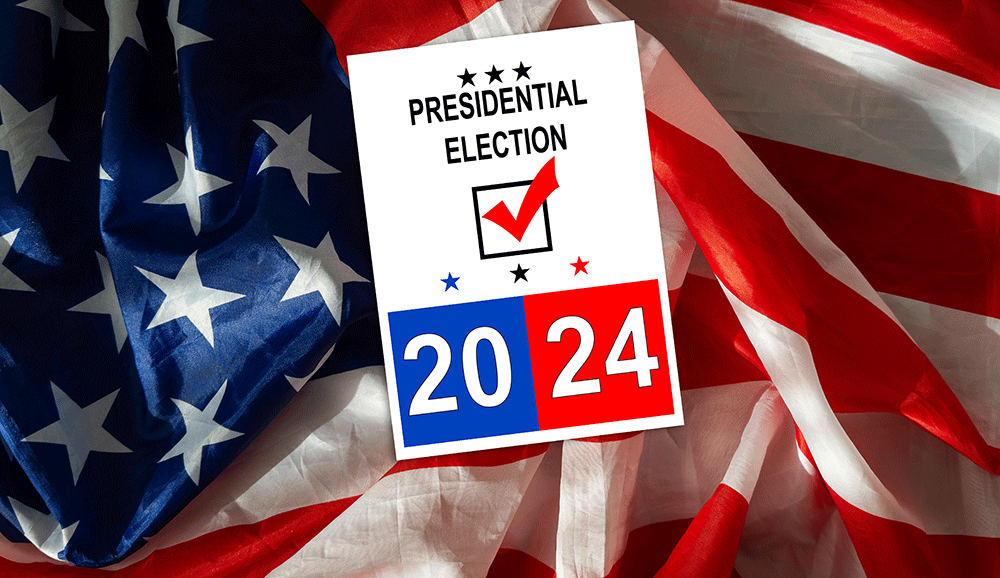With many high schoolers able to vote for the very first time in the upcoming 2024 election, an inclusivity group released a new guide it says is designed to help K-12 schools address bigotry, misinformation, and anti-democracy messages students may encounter both online and in their communities.
Western States Center’s toolkit, Navigating the 2024 Election in Schools, provides educators with strategies to counter non-inclusive narratives and offers resources for fostering fact-based classroom discussions, the group says.
“The current election cycle is not unique in its level of divisiveness. However, the 24-hour media cycle and unfettered access to information through social media create conditions where misinformation, bigotry, and fearmongering cloud the debate in targeted ways that can challenge schools’ commitments to inclusive democracy,” says the group. “It is incumbent on all school faculty to challenge the bigoted misinformation that has become so commonplace in other areas of our communities.”
Topics Covered in 2024 Election Guide for Schools
The group says the guide equips educators with tools to challenge hate speech, conspiracy theories, and misinformation, ensuring schools remain spaces for inclusive dialogue.
Some topics highlighted in the guide are:
- Anti-immigrant misinformation
- Conspiracy theories
- Anti-trans bigotry
RELATED ARTICLE: 10 Steps to Mitigating Possible Election-Related Unrest on Campus
The guide discusses ways bigotry and misinformation may show up in schools, including via scapegoating, graffiti, bullying and harassment, and on clothing. It also offers recommendations for schools to communicate with students about the election. Some recommendations include:
- Establish clear classroom guidelines and expectations for communicating about the election
- Train and prepare all staff about their rights, roles, and responsibilities
- Rely on existing policy with regard to racial harassment and non-discrimination
- Establish an anonymous reporting and documentation process to ensure students and faculty can report and monitor bigoted incidents if they arise
- Plan for individual and group spaces for students to debrief and receive support with each other and/or a trusted adult when conversations do escalate
- Identify and reach out to organizations in the community who may already be providing support for students (like LGBTQIA+ support groups, organizations based in communities of color, nonpartisan election protection groups, etc.)
- Create a statement affirming the school’s commitment to academic freedom













